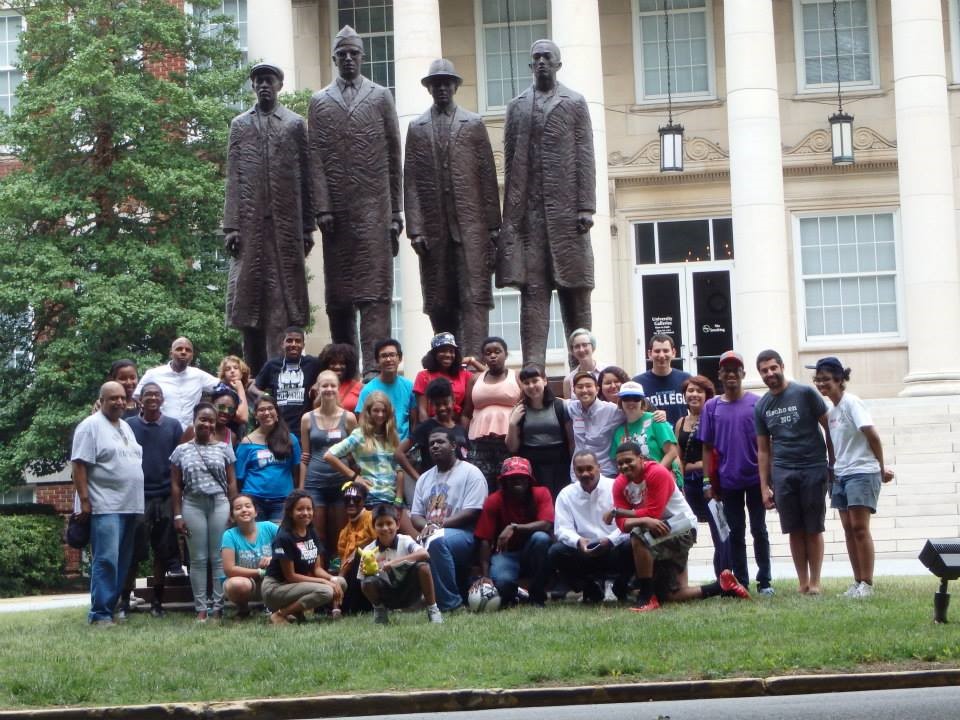
In the spring of 1960 Ella Baker, a worker at the YWCA, met with students at Shaw University to found the Student Nonviolent Coordinating Committee (SNCC), a youth organization that played a crucial role in the Civil Rights movement. 50 years later, in the spirit of SNCC’s Freedom Schools, the first Youth Organizing Institute was held at the YWCA in Raleigh
The Youth Organizing Institute (YOI) formed in March 2010 to increase the representation of the voices of youth in the debate to dismantle the Wake County school system’s diversity policy and its impact on the future of public schools. What became apparent was the absence of the voices of the low-wealth students and parents of color in the debate, those most affected by the achievement gap and by the school to prison pipeline.
The Youth Organizing Institute was created as an intensive training program that created a space and material support for low income youth and youth of color to organize to oppose the education policies that would harm them and their communities. The graduates from the first summer YOI founded a group called NC HEAT (Heroes Emerging Among Teens).
After the initial 2010 Youth Organizing Institute, the program has enjoyed continued success. The Youth Organizing Institute offers grounding in an analysis of systems of oppressions and an understanding of the history of grassroots resistance and struggle. YOI seeks to serve young people and raise issues relevant to their struggles in schools. We now focus on school pushout and discipline, LGBTQ rights, and the struggles faced by undocumented youth.
We strive to uphold the legacy of SNCC, as we study movement history in the South, center youth leadership, and organize to advance and defend the gains made by those who have come before us. Through the Youth Organizing Institute, young people feel connected to history, committed to the pursuit of justice, and empowered to continue working for civil and human rights in the South.
